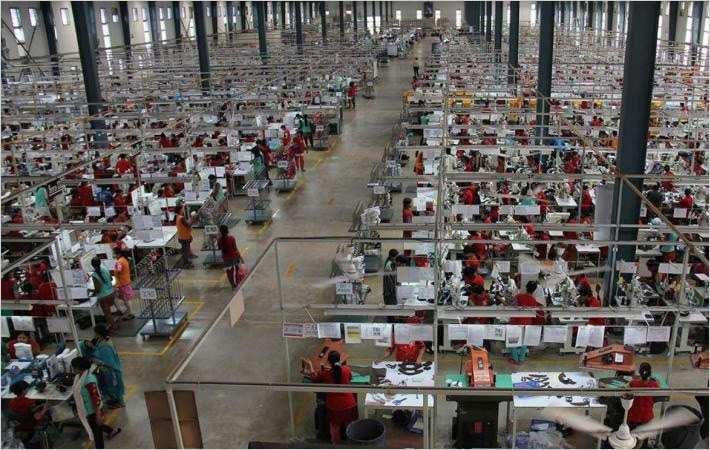
The modernisation of the factory will help revive the cotton and textile industry and generate employment in Kenya, according to a statement by the company.
Sanjay Jayavarthanavelu, managing director of LMW has also suggested reviewing the curriculum of Moi University School of Engineering to be in sync with modern industries' needs, as per the African media reports. LMW experts had visited the institute for assessing its problems and Jayavarthanavelu added that the possibility of supplying advanced machinery to the institute needs to be examined to facilitate capacity building and skills development.
The slow growth of the textile industry is due to inadequate raw materials and high electricity costs in the country, said Adan Mohamed, Cabinet secretary for the ministry of industry, investment and trade. The government needs to offer electricity at affordable rates to maximise production.
Rivatex currently produces 10,000 bales annually, even though it has a capacity to produce 70,000 bales, thus impacting its operational costs, Thomas Kipkurgat, MD of the firm had said earlier.
The announcement to loan the money to Rivatex was made during Prime Minister Narendra Modi’s visit to the country as part of his four-nation Africa tour in July last year. (KD)
Fibre2Fashion News Desk – India